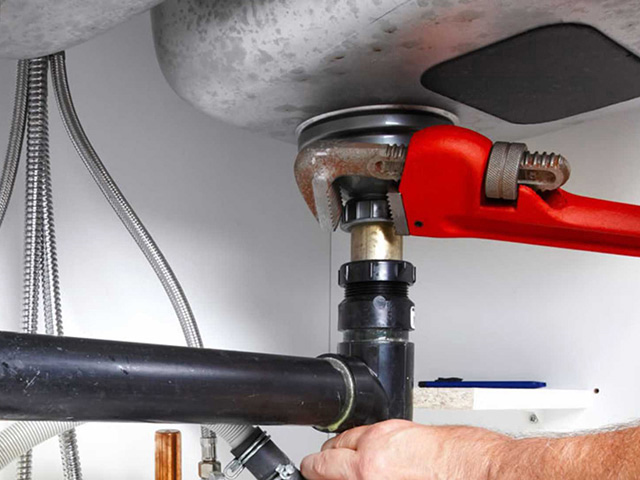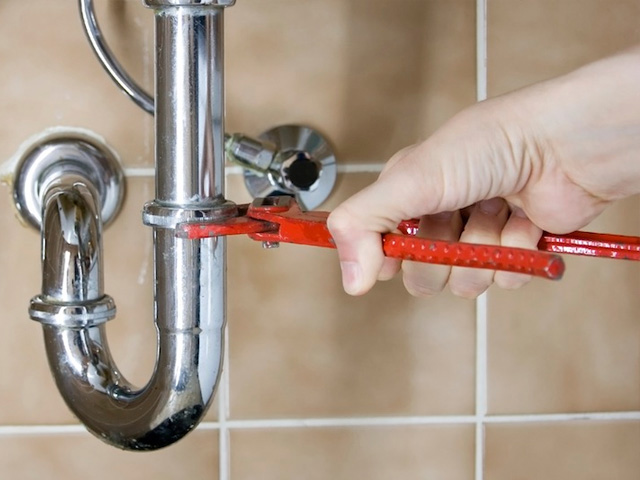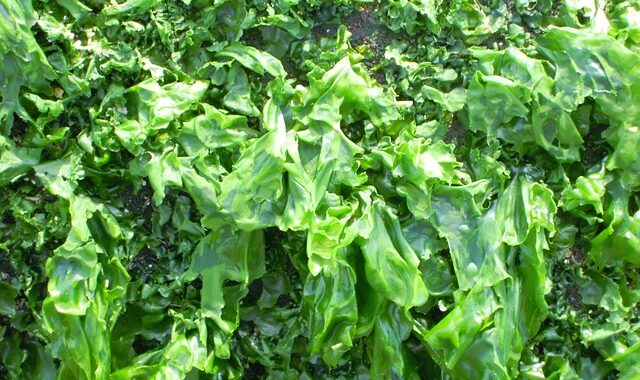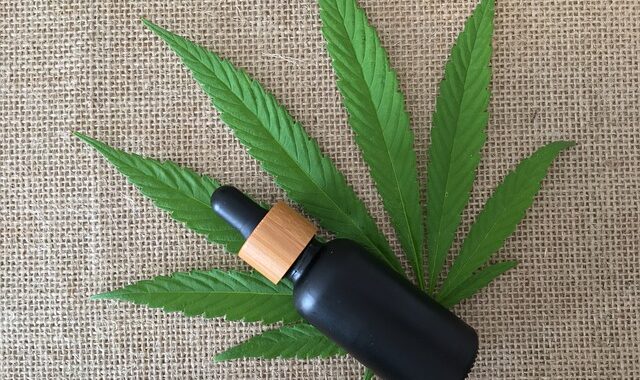Tips for Maintaining Your Plumbing System

A well-functioning plumbing system is essential for any home or building. It provides clean water and removes waste, ensuring that our daily routines go uninterrupted. Unfortunately, plumbing systems are often taken for granted, leading to costly repairs and disruptions when things go wrong. By practicing proper maintenance throughout the year, you can prevent most common plumbing issues and extend the lifespan of your pipes, fixtures, and appliances. This blog will provide tips to help you maintain your plumbing system in top condition, no matter the season.
1. Regularly Inspect Your Plumbing
Routine inspections are crucial for identifying potential issues before they become major problems. At least once every quarter, do a visual inspection of your plumbing system. Look for leaks around faucets, toilets, and other fixtures. Even small drips can indicate a bigger problem down the line. Inspect your pipes, especially those exposed in basements or under sinks, for signs of corrosion, cracks, or rust.
If you notice any moisture or pooling water in areas where there shouldn’t be, it’s essential to investigate further. Addressing leaks early can prevent water damage, mold growth, and unnecessary increases in your water bill.
2. Test Water Pressure
Maintaining optimal water pressure is critical for the longevity of your plumbing system. High water pressure can cause stress on your pipes, leading to leaks and even pipe bursts. On the other hand, low water pressure can be a sign of a clog or other underlying issues.
To test water pressure, you can use a pressure gauge, available at most hardware stores. Attach it to an outdoor faucet and ensure all other faucets in your home are turned off. The ideal range for residential water pressure is between 40 to 60 pounds per square inch (psi). If the reading falls outside of this range, you may want to adjust the pressure or call a plumber to assess any potential problems.
3. Clean Your Drains Regularly
One of the most common plumbing issues is clogged drains. They can result from accumulated debris such as hair, soap scum, grease, and food particles. Over time, these substances build up, causing blockages that restrict water flow.
To avoid clogs, it’s essential to clean your drains regularly. Use a drain guard or screen to catch debris before it enters the pipes, and clean it out weekly. Pouring hot water down the drains once a week can also help break down any residue stuck inside. For a deeper clean, consider using a mixture of baking soda and vinegar. Pour half a cup of baking soda into the drain, followed by half a cup of vinegar. Let it sit for 15 minutes before flushing it with hot water.
Avoid using chemical drain cleaners as they can be harsh on your pipes and are not environmentally friendly. If you experience frequent clogs, it may be time to have your pipes professionally cleaned.
4. Prevent Frozen Pipes in the Winter
Winter can be tough on your plumbing system, especially in colder regions where freezing temperatures can cause pipes to burst. Frozen pipes are not only inconvenient but can lead to significant water damage and expensive repairs.
To prevent frozen pipes, ensure that all exposed pipes are insulated, particularly those in unheated areas like basements, attics, garages, and crawl spaces. You can use foam pipe insulation or electrical heating tape to keep the pipes warm. Additionally, seal any gaps or cracks around doors and windows where cold air might enter.
During extreme cold spells, keep a trickle of water running from faucets connected to exposed pipes. Moving water is less likely to freeze than still water. Also, open cabinet doors to allow warm air to circulate around pipes under sinks, particularly those located along exterior walls.
5. Know How to Shut Off Your Water
In the event of a plumbing emergency, such as a burst pipe, knowing how to quickly shut off your water supply can prevent significant damage. Every homeowner should be familiar with the location of their main water shut-off valve. Typically, this valve is located near where the water supply enters your home, often in a basement or crawl space.
If a pipe bursts or a major leak occurs, shutting off the water can prevent gallons of water from flooding your home. It’s a good idea to test the shut-off valve periodically to ensure it works properly. Also, make sure everyone in your household knows how to use it in case of an emergency.
6. Flush Your Water Heater Annually
Your water heater plays a critical role in your plumbing system by providing hot water for showers, dishwashing, laundry, and more. Over time, sediment and minerals can build up inside the water heater, reducing its efficiency and potentially causing damage.
To maintain your water heater, flush it annually. This process involves draining the tank to remove any sediment or buildup that has accumulated at the bottom. First, turn off the water supply and power to the heater. Then, attach a garden hose to the drain valve and direct it to a floor drain or outside. Open the valve and let the water drain until it runs clear.
If you’re unsure how to flush your water heater, consult the manufacturer’s instructions or consider https://hi-techplumbingandair.com/plumbing/water-heater-repair/ to handle the task. Regular maintenance will extend the life of your water heater and ensure it runs efficiently year-round.

7. Monitor for Silent Leaks
Not all leaks are visible, and some can go unnoticed for long periods, wasting water and increasing your utility bills. A simple way to detect silent leaks is by checking your water meter. Ensure all water fixtures and appliances are turned off, and then note the reading on your meter. Wait a few hours without using any water, and check the meter again. If the reading has changed, you likely have a hidden leak.
Leaky toilets are common culprits of silent leaks. To check for a toilet leak, add a few drops of food coloring to the toilet tank. If the color appears in the bowl within 30 minutes, you have a leak and should replace the flapper or other parts as needed.
8. Be Mindful of What You Flush and Pour Down Drains
What you put into your plumbing system can have a significant impact on its health. Only flush toilet paper and human waste down the toilet. Items such as wet wipes, sanitary products, and paper towels can cause blockages in your pipes and should never be flushed.
Similarly, avoid pouring grease, oil, and fats down the kitchen sink. These substances solidify as they cool, leading to clogs in your pipes. Instead, dispose of them in the trash or use a container for collection.
9. Schedule Professional Maintenance
While many plumbing maintenance tasks can be handled by homeowners, it’s always a good idea to schedule professional maintenance annually. A licensed plumber can perform a thorough inspection of your system, clean your pipes, and address any potential issues you might have missed.
Professionals can also inspect your water heater, check for leaks, and ensure your plumbing is operating at peak efficiency. Investing in routine professional maintenance can save you from costly repairs down the line and give you peace of mind knowing your plumbing is in good hands.
Final Thoughts
Maintaining your plumbing system year-round requires a combination of regular inspections, preventative measures, and mindful use of your fixtures and appliances. By following these tips, you can avoid most common plumbing problems, protect your home from water damage, and ensure your system runs efficiently. Proper plumbing maintenance isn’t just about avoiding emergencies – it’s about protecting your investment and keeping your home comfortable for years to come.


 SEO for E-Commerce Platforms
SEO for E-Commerce Platforms  Air Conditioning Repairs You Should Know About
Air Conditioning Repairs You Should Know About  Sea Moss into Your Daily Meals
Sea Moss into Your Daily Meals  Data Storage for Personalized Medicine
Data Storage for Personalized Medicine  CBD in Managing Arthritis Symptoms
CBD in Managing Arthritis Symptoms  Understanding Distributed Computing
Understanding Distributed Computing